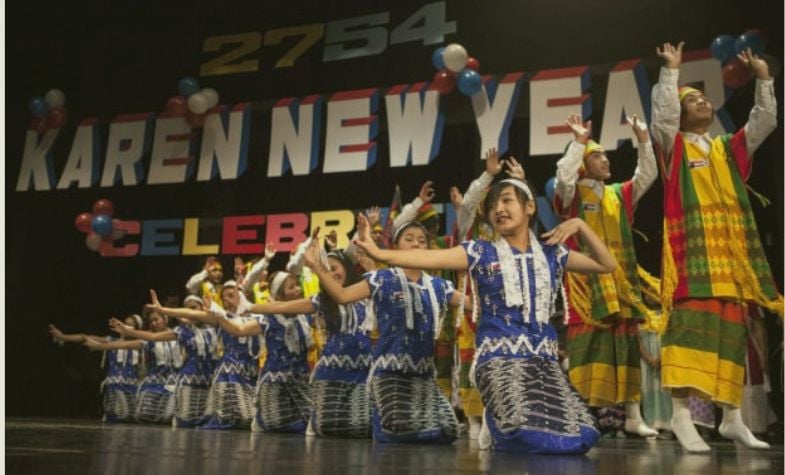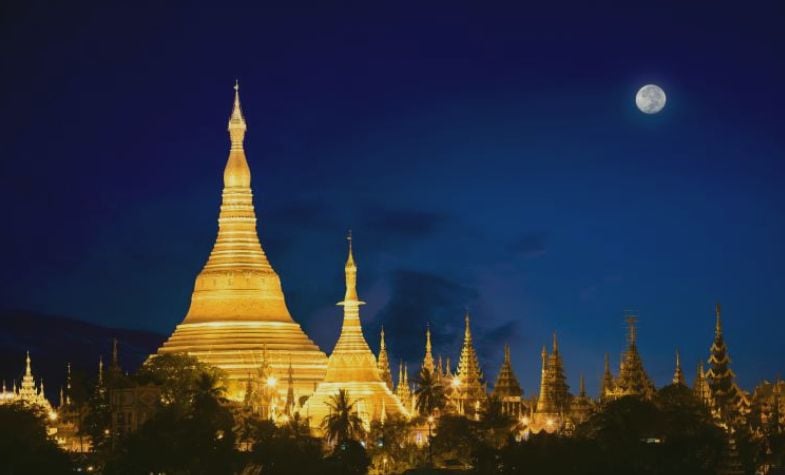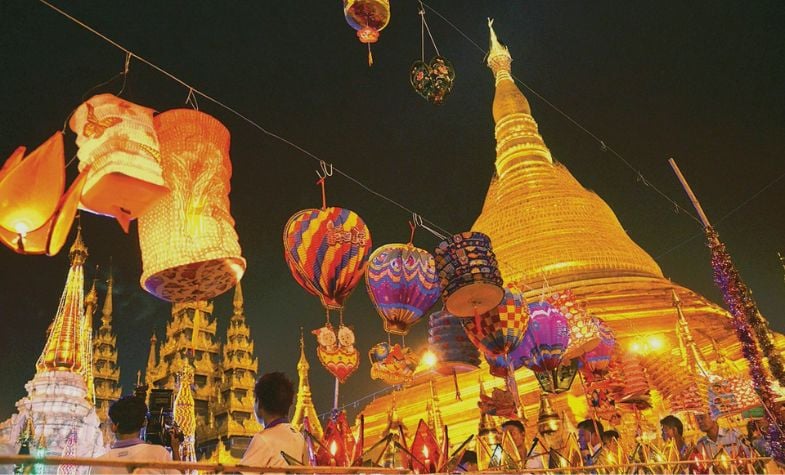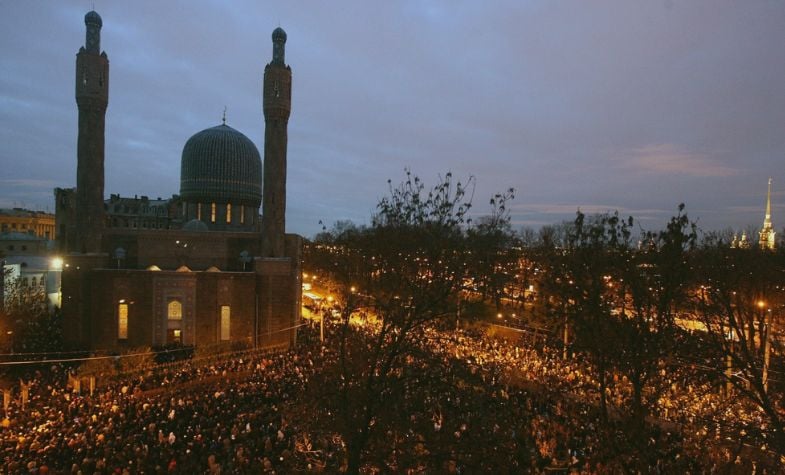Myanmar Festivals and holidays: A culture journey
Myanmar, a country rich in culture and traditions, observes a variety of public holidays throughout the year. Understanding these holidays is essential for both residents and visitors, as they can impact travel plans, business operations, and cultural experiences. This guide provides an overview of Myanmar’s public holidays, along with insights into special observances and rules regarding holiday replacements.
Public holidays in Myanmar
January
-
Independence Day (January 4)
Myanmar's Independence Day celebrates the country’s liberation from British colonial rule in 1948. It is a day of national pride, marked by ceremonies and official events.
-
Karen New Year (January 11)

This holiday marks the New Year for the Karen people, one of Myanmar’s ethnic groups. It’s celebrated with traditional dances, feasts, and cultural festivities.
February
March
-
Peasants' Day (March 2)
Peasants' Day recognizes the contributions of farmers and agricultural workers. It’s a day to acknowledge their hard work and the vital role they play in the country’s economy.
-
Full Moon Day of Tabaung (March 24)

This Buddhist festival celebrates the full moon of the Tabaung month. It’s marked by religious activities and offerings at pagodas and monasteries.
April
-
Thingyan Holidays (April 13-21)
Thingyan, the Burmese New Year festival, is one of the most vibrant and widely celebrated holidays in Myanmar. It involves water throwing, street parties, and various cultural performances, symbolizing the washing away of the old year’s misfortunes and welcoming the new year.
May
-
Labour Day (May 1)
Labour Day is observed to honor the contributions of workers and promote labor rights. It is a public holiday with events highlighting workers' achievements.
-
Full Moon Day of Kasong (May 22)
Another important Buddhist festival, the Full Moon Day of Kasong is a time for religious observances and reflection.
July
-
Martyrs' Day (July 19)
Martyrs' Day remembers the leaders who sacrificed their lives for Myanmar's independence. Ceremonies and memorials are held to honor their legacy.
-
Full Moon Day of Waso (July 20)
This Buddhist festival marks the beginning of the Buddhist Lent. It is celebrated with prayers, meditation, and community activities.
October

Thadingyut, also known as the Festival of Lights, celebrates the end of Buddhist Lent. The holiday is marked by lighting candles, decorating homes, and participating in festive events.
November
-
Full Moon Day of Tazaungdaing (November 15)
This festival, known as the Festival of Lights, involves illuminating homes and temples with lanterns and candles. It is a time for giving and community festivities.
-
National Day (November 25)
National Day commemorates Myanmar’s historical milestones and is celebrated with patriotic events and public gatherings.
December
Special Observations

Although not listed for 2024, Eid Al Adha is a significant festival for Myanmar’s Muslim community. It involves prayers and the sacrificial offering of animals.
-
Deepavali
Deepavali, the Hindu festival of lights, is celebrated by the Hindu community in Myanmar. It is marked by lighting lamps, exchanging sweets, and cultural festivities.
Holiday replacement rules
In Myanmar, if a public holiday falls on a Saturday or Sunday, it is not typically replaced by another working day. This means that holiday observance remains on the actual date, and no additional compensatory day off is provided.
Myanmar’s public holidays offer a glimpse into the country’s rich cultural and religious traditions. Whether you’re planning a visit or looking to understand local customs, being aware of these holidays can enhance your experience. From vibrant festivals to solemn observances, Myanmar’s holidays reflect its diverse heritage and communal spirit.
If you’re planning a trip to Myanmar, contact us and start our journey together!
Our tours you may like:

